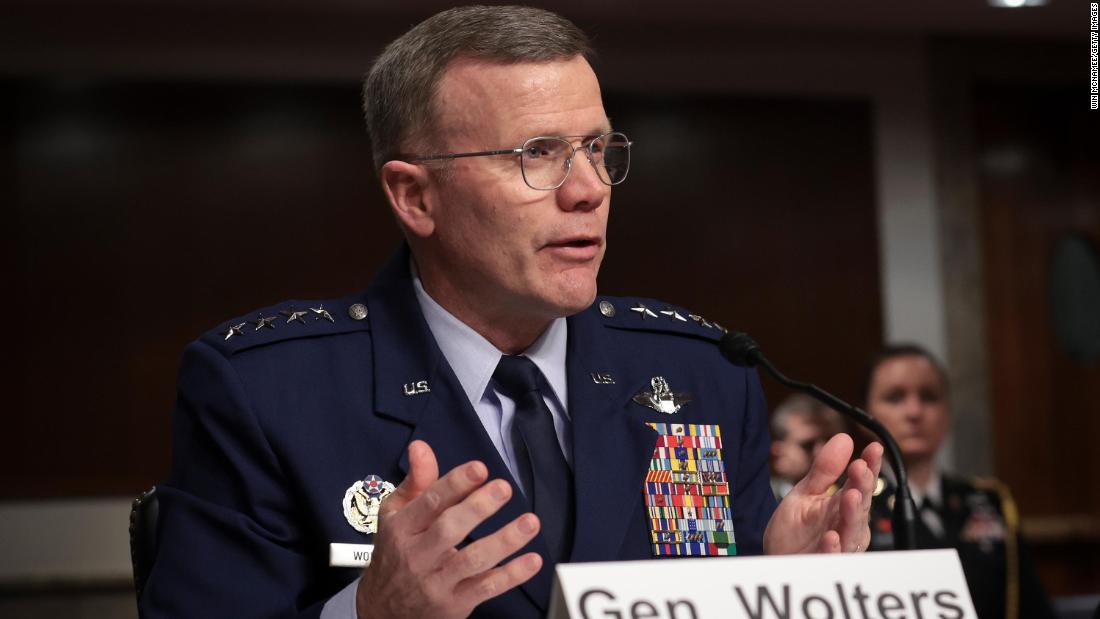There ‘could be’ an intelligence gap that caused the US to overestimate Russia’s military, top US general says
When Russia launched its invasion of Ukraine last month, US intelligence assessed that the country-wide assault could lead to Kyiv falling into Russian hands within days. But Russia’s military has been bogged down around the capital as the war has entered its second month, beleaguered by sustainability and logistics problems, along with an unexpected stiff resistance from Ukrainian fighters.
Testifying at a Senate Armed Services Committee hearing Tuesday, US European Command chief Gen. Tod Wolters was asked by Sen. Roger Wicker, a Mississippi Republican, if there was an intelligence gap that caused the US to overestimate Russia’s strength and underestimate the Ukrainian defenses.
“There could be,” Wolters responded. “As we’ve always done in the past, when this crisis is over with, we will accomplish a comprehensive after-action review in all domains and in all departments and find out where our weak areas were and make sure we can find ways to improve, and this could be one of those areas.”
While US intelligence was spot on in predicting Russia was planning to invade Ukraine — which the Biden administration aggressively released to turn global sentiment against the Kremlin — the intelligence community did not assess the poor performance of the Russian military.
The US and NATO allies have continued to help re-supply Ukraine’s military with weapons, including Javelin anti-tank missiles and Stinger anti-aircraft missiles that have been used against Russian forces. While estimates vary widely, sources familiar with the estimates say thousands of Russian troops have been killed in the conflict. US officials say they have anecdotal evidence of morale problems in the Russian military.
At a Senate Intelligence Committee hearing earlier this month, Director of National Intelligence Avril Haines said that the US intelligence community assessed that Russian President Vladimir Putin was underestimating the likely resistance he would face from the Ukrainians ahead of the invasion.”
“I think we did well there,” she said. “We did not do as well in terms of predicting the military challenges that he has encountered with his own military.”
Lt. Gen. Scott Berrier, the head of the Defense Intelligence Agency, said that US intelligence assessments before the invasion were based on a number of factors, including that the Ukrainians were “not as ready as I thought they should be.”
“Therefore, I questioned their will to fight. That was a bad assessment on my part, because they have fought bravely and honorably and are doing the right thing,” he said.
Asked by Arkansas GOP Sen. Tom Cotton about assessments on how long Kyiv would hold out or how long Ukraine could maintain its air defenses, Berrier said the intelligence community “made some assumptions about (Putin’s) assumptions, which proved to be very, very flawed.”
“His actual activity as he got into this fight turned his operation kind of on its head,” Berrier said of Putin. “And what we’ve seen is a devolvement, if you will, of the operations that he has going on now.”
![]()


